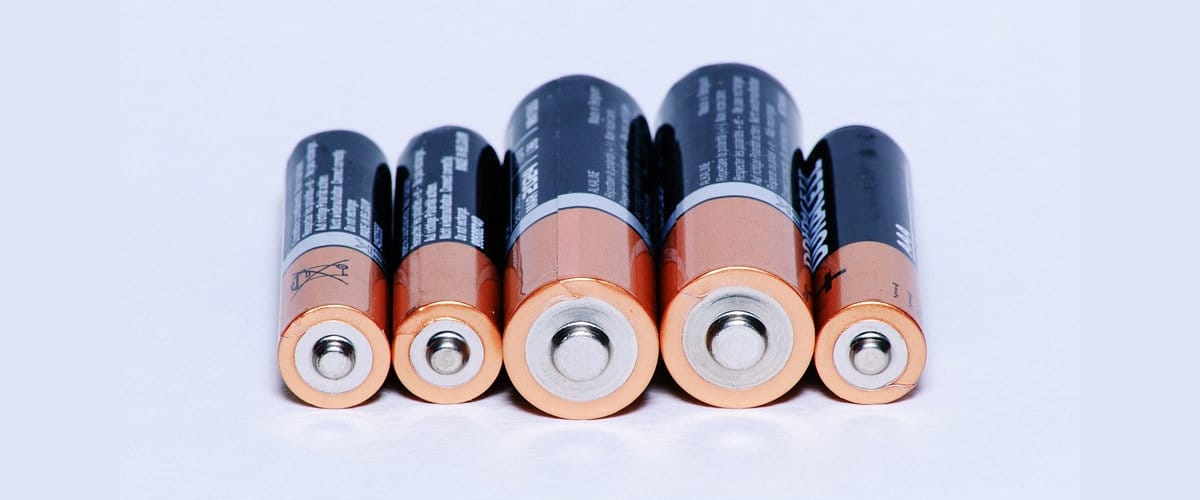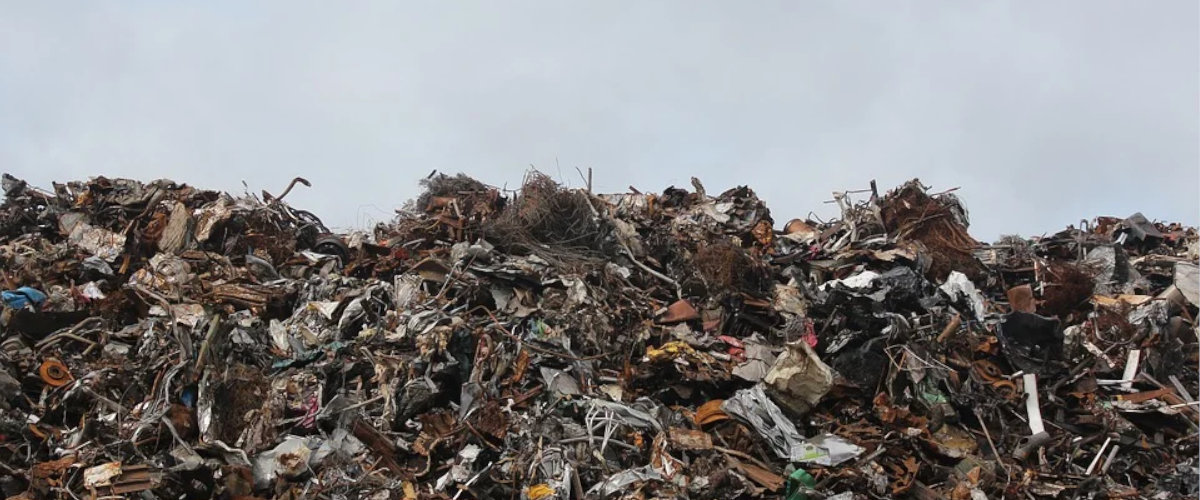
We use batteries daily. They operate devices that make our lives easier or more comfortable, such as mobile phones, electric toothbrushes, hearing aids, kitchen scales, remote controls ... But, we are not always aware of the environmental problem they represent.
Most of us do not know the extent of the danger of batteries and cells in the environment. Especially of the latter, since while batteries have the characteristic of being able to be recharged periodically, batteries are discarded once they produce the energy for which they were designed due to the degradation of the components from which they are made. Materials toxic to health and harmful to the environment.
Environmental problems
Batteries, like other similar electrical products, such as batteries or accumulators, contain metals and toxic chemicals. Mercury, cadmium, nickel or lead, common in cells and batteries, are dangerous to health, and can cause a wide range of conditions and diseases in humans, but also harmful to the environment if not treated properly .
The A improper treatment of batteries and batteries when their useful life is over represent a problem for the environment. Why? Because these suffer the corrosion of their casings affected internally by their components and externally by climatic action and by the fermentation process of garbage, especially organic matter, which raises its temperature acting as a contamination reactor. And it is that by not disposing of them in the specific container, they end up in landfills.
That is how heavy metals end up seeping into the ground, in the subterranean layers of water, in rivers and seas contaminating all forms of plant and animal life. Finally, they are absorbed by humans causing short, medium and long term damage.
To imagine the magnitude of the contamination of these batteries that are thrown away as if they were just another waste, it is enough to know that they are the cause of 93% of the Mercury in the domestic trash, as well as 47% of Zinc, 48% of Cadmium, 22% of Nickel, etc.
How to recycle them
Not recycling used cells and batteries has a direct impact on the environment. Not only because they release compounds that end up contaminating soils and aquifers, but also because they cannot be recovered and reintroduce themselves into the productive cycle the raw materials with which they are manufactured, increasingly scarce and of more value.
As citizens we have the responsibility to recycle these batteries and different possibilities to do so. The collection points for cells and batteries they are more and more numerous. They can be found at clean points, also on the streets of our cities, in supermarkets and in town halls and other Administration buildings.
You don't know where the closest collection point is? You can check it at your Town Hall or in Ecopilas, a management platform for the collection of this waste that facilitates you by entering your address in the search engine the nearest collection points.
These common collection points request when it is necessary to remove, replace or empty the containers. And the waste is transported to sorting, treatment and recycling plants that guarantee compliance with Royal Decree 106/2008.
Individual responsibility
In addition to fulfilling the responsibility of deposit these batteries at the collection points For further treatment, can we do something else to avoid contributing to this environmental problem? Of course, among others ...
- Use products that work with solar energy, more and more numerous on the market.
- Choose items that can be connected to the electrical network; more efficient, in addition, from the energy point of view.
- In the case of using batteries, opt for rechargeable batteries, since one of these can replace 300 disposables.
Ignorance means that sometimes we are not aware of the environmental danger of certain products. Does the way you use them change when you get to know them?

